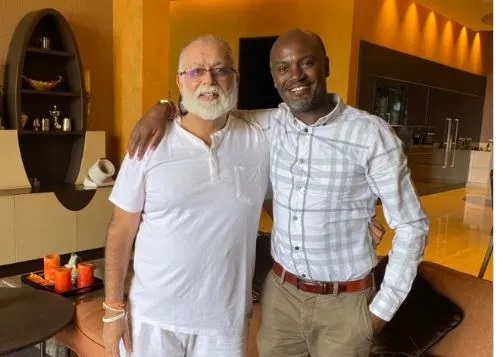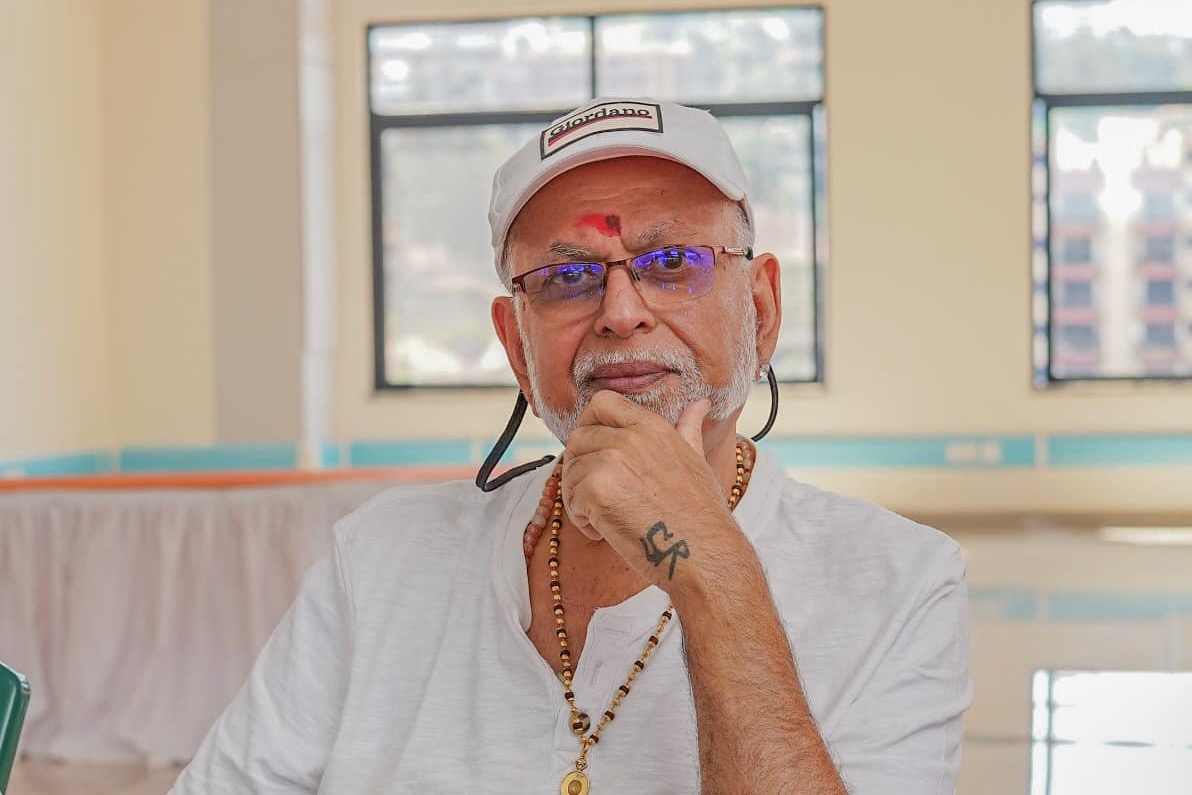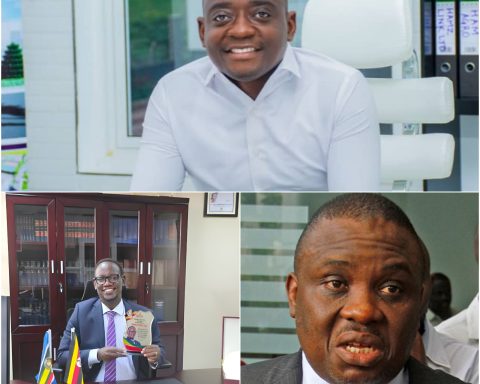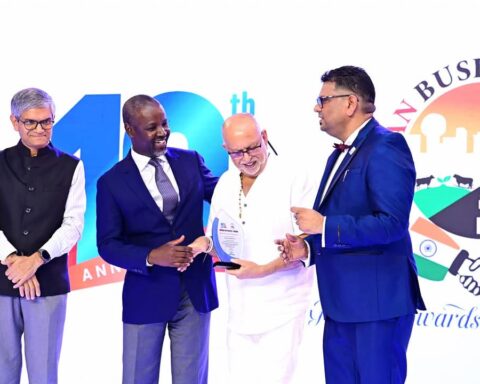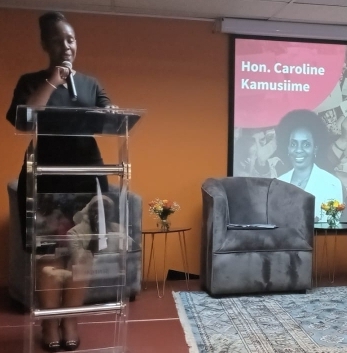Recently, I had a debate with some Ugandan friends on the decision of the government to build an international convention center in Munyonyo in partnership with Sudhir Ruparelia. Uganda will host the Non-Aligned Movement (NAM) summit in January 2024. So far, 88 heads of state and government have confirmed attendance.
The country already has an international conference center in the middle of Kampala at Serena Hotel. However, government felt that for purposes of NAM, the country needs a big and new one. The new convention center will have a main hall hosting 3,800 people, with 12 breakout session rooms. It will cost $47 million to build. Let me declare a conflict of interest: Sudhir is a friend.
The government through Uganda Development Corporation (UDC) entered a joint venture with Sudhir on a 50/50% basis. Each party contributed $10 million as equity. Government lent the consortium $27 million.
My Ugandan friends were angry that government is “giving Sudhir money”. They argued that Sudhir should have borrowed to build it. For them, government will never earn dividends from this investment.
To justify this, they said government co-invested with Sudhir in Speke Commonwealth Resort Munyonyo with $8 million for 25% shares in 2007 but has never earned dividends. They said the consortium will never repay the loan of $27 million.
I hold government of Uganda in contempt because it often fails to make cost-efficient decisions. However, I think this was their best investment decision. Why? Government wanted a large international convention center. It could have been for reasons of national prestige to “show-off”, which is understandable. But the convention center could also be a basis for promoting conference tourism in Uganda.
The government of Rwanda, perhaps the most developmentally serious on our continent, did exactly this with Kigali Convention Center and the attached Raddison Blue Hotel. Kigali is aggressively promoting conference tourism and succeeding.
An international convention centre of the size Uganda is building in Munyonyo is not attractive to private investors. This is because conference tourism is not big enough to make such an investment profitable. That is a reason why no private investor has ever built one in Kampala and Sudhir would never go to a bank to borrow money to build such a white elephant.
Besides, Uganda has an international convention centre at Serena. The Aga Khan who leased the former Nile Hotel refurbished the hotel and has made a lot of money from it. However, he has never refurbished the convention centre part. Today it has stinking toilets, old furniture, creaking doors and glass windows filled with mould.
Yet a large international convention centre can become profitable if there is worldwide marketing of it. However, no private investor can afford such a cost. This market failure creates a role for the government.
A big convention centre may not be profitable to private investors but it may be needed by the country to host big conferences which are of political importance or for reasons of prestige.
The government also spends money marketing Uganda as a destination for tourism. It can, like Rwanda, aggressively promote Meetings, incentives, conferences and exhibitions (MICE) tourism as a strategic goal. The benefits of growing conference tourism in the wider economy will far exceed the losses incurred on the profit and loss account of the convention center.
When conference tourism grows, an international convention center like the one in Munyonyo can become profitable. This would make it possible for the consortium to make profits, repay the loan and even pay dividends to government. It would also incentivise Sudhir to buy government shares since the state is not in the business of doing business. Even here, the state would have indirectly subsidised the convention center by incurring the cost of marketing Uganda abroad as a destination for conference tourism. This is what strategic intervention by the state entails.
Why Munyonyo Commonwealth?
Munyonyo resort was the best place to place for this convention center because it is out of town and is connected to Entebbe International Airport via a modern expressway. This means we don’t have to close down the city with its chronic traffic jams, not to mention giant crater-like potholes in the roads when international guests, especially 88 heads of state, visit. The resort has 475 rooms including 59 presidential suites. Built on 105 acres of land, it has two swimming pools (one of them Olympic size), 20 other conference rooms and halls, horse riding, water sports, jogging tracks, etc.
It makes a lot sense for government to ride on these benefits by placing a convention center there. Finally, because a private investor already runs the resort, government will not need to spend more money on maintenance of the convention center. Thus, even if the consortium did not pay dividends or repay the loan, government has limited its liability while retaining an investment with many aforementioned potential benefits to the wider economy and society.
Besides, any discussion of this matter has to consider the alternative options and the tradeoffs involved. The alternative would have been for government to find land, build an international convention center with an adjacent hotel and put many other facilities in a place. It would also have had to ensure it causes the least traffic crisis in Kampala during major international conferences. Anyone knowing our government would predict that such an effort would have taken 30 years, heightened quarrels and recriminations and cost not less than $2.5 billion. I say this because even the super-efficient and uncorrupt government of Rwanda spent almost 12 years to build an international convention center at a cost of $300m.
Recently, while at lunch with him, President Paul Kagame told me the story of myriad frustrations he faced and the decisive interventions he had to make to ensure that the project succeeds.
The hostility to the Munyonyo project is mostly driven by “nugu” (envy). Many Ugandans feel unhappy when they see a Ugandan doing many great things like Sudhir is doing. It even hurts them more when what looks like state patronage going to a person who is rich already. Yet Sudhir never sought to build a convention center. He was approached by government to do so because they needed it urgently. The request was made in November 2021 and took nine months to negotiate the final agreement, which was signed in August 2022 delaying commencement of construction. Even today, government has not paid the final $10 million, on a project that is supposed to be completed in November 2023. Imagine Uganda is turning around this project in two years at $37 million. Unbelievable!!
Andrew Mwenda is a veteran journalist and the founder of the Independent Magazine amwenda@independent.co.ug
![]()

